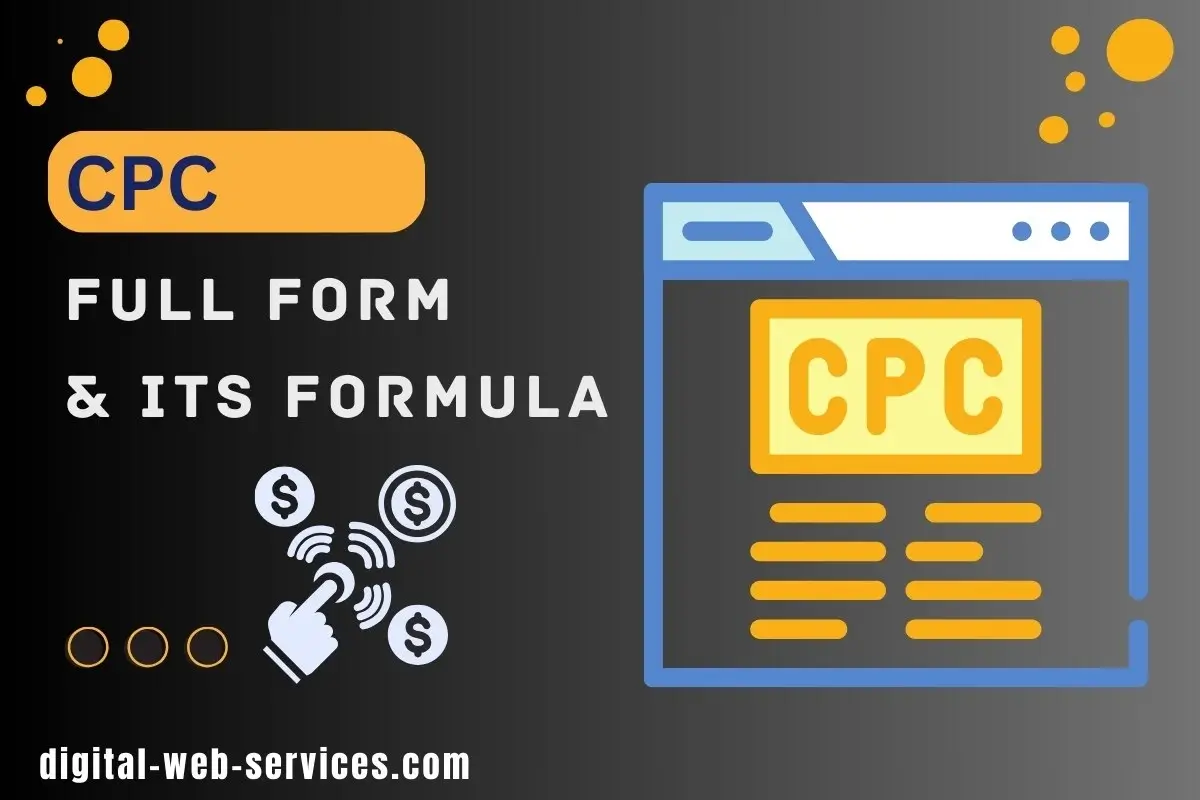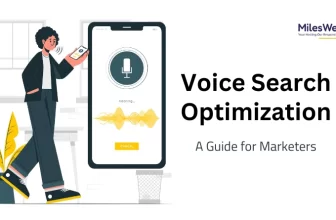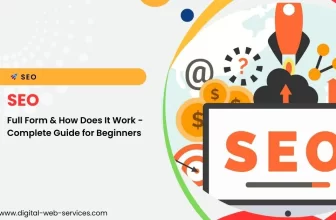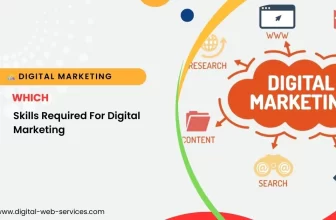
CPC stands for Cost Per Click. It is a metric mainly used to measure the cost for each click on the advertisement. Understanding CPC is important for every advertiser running their paid advertising on Google Ads, Meta Ads, etc. In this article, we’ll discuss the CPC Full Form and also know CPC calculating formula.
CPC Full Form
The full form of CPC is Cost Per Click, It is a metric used in online advertising where advertisers pay each time a user clicks on their ad. This model is commonly used in platforms like Google Ads, Meta Ads, and other pay-per-click (PPC) advertising platforms. This metric also helps advertisers understand the cost-effectiveness of their campaigns and allows them to optimize their ad spend to achieve the best possible return on investment (ROI).
Importance of CPC
Heps to Budget Management
By knowing the CPC of any Ads, advertisers can better manage their advertising budget. They can add advertisement funds more effectively to the ads and keywords that are performing well.
Evaluating the Performance
CPC also helps in evaluating the performance of different types of ads and keywords. A lower CPC with a high click-through rate (CTR) often indicates an effective ad campaign.
Helping in Optimization Campaign
Understanding CPC allows advertisers to adjust their campaigns, bids, target different keywords, or change ad creatives to achieve a lower CPC and better performance.
Advertisers to Control Their Costs
CPC enables advertisers to control their costs. Since they pay only when a user clicks on their ad, they can ensure that their money is spent on engaging potential customers or Ad campaigns.
Formula for Calculating CPC (Cost Per Click)
The formula for calculating CPC is the following:
Cost per click = Advertising total cost / number of total clicks
Where:
- Total Cost is the total amount spent on the advertising campaign.
- Total Clicks is the total number of clicks the ad received.
Let’s break down this formula with an example to make it easy to understand:
Suppose an advertiser spends $100 on a PPC campaign, and the ad receives 50 clicks. The CPC can be calculated as follows:
CPC= 100/ 50 = $2
So, the CPC in this example would be $2 per click.
What Factors Affecting CPC?
Several factors can affect the CPC of an advertisement:
- Keyword Competition: Highly competitive keywords tend to have higher CPC for advertisers need to increase their bidding.
- Quality Score: In advertising platforms like Google Ads, the quality score of an ad can affect its CPC. so Ads with higher quality scores often lower CPCs.
- Ad Relevance: The relevance of the ad to the target audience can also impact the CPC of your ad campaign. More relevant ads usually result in higher CTRs and lower CPCs.
- Bidding Strategy: The bidding strategy by the advertiser, such as manual bidding or automated bidding, can influence CPC.
- Target Audience: The demographics and interests of the target audience can affect CPC. Ads targeting high-value demographics might have higher CPCs.
How to Optimize CPC?
To optimize CPC, advertisers can follow the given steps:
- Improve Ad Quality
- Focusing on target the long-tail keywords, as it’s less competitive.
- Regularly monitoring and adjusting bids based on performance.
- Refining or narrowing down the target audience to those more likely to convert can improve ad efficiency and can reduce CPC.
Conclusion
CPC is a vital metric for digital advertising, it can provide insights into the cost-effectiveness of any paid ad campaigns. By understanding and optimizing CPC, advertisers can enhance their campaign performance, manage their budgets more efficiently, and achieve better ROI.
Digital Web Services (DWS) is a leading IT company specializing in Software Development, Web Application Development, Website Designing, and Digital Marketing. Here are providing all kinds of services and solutions for the digital transformation of any business and website.










